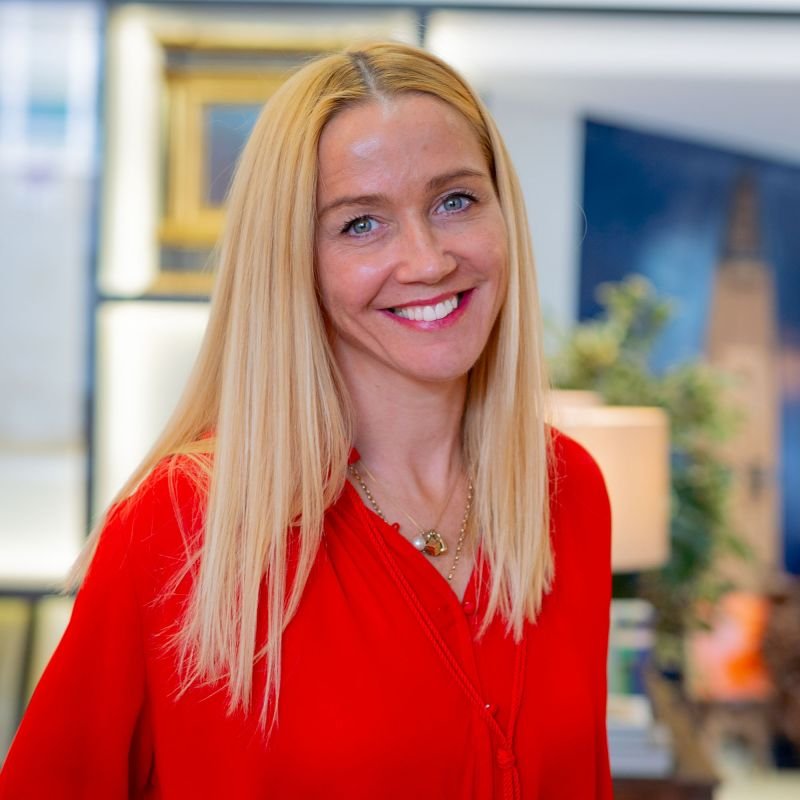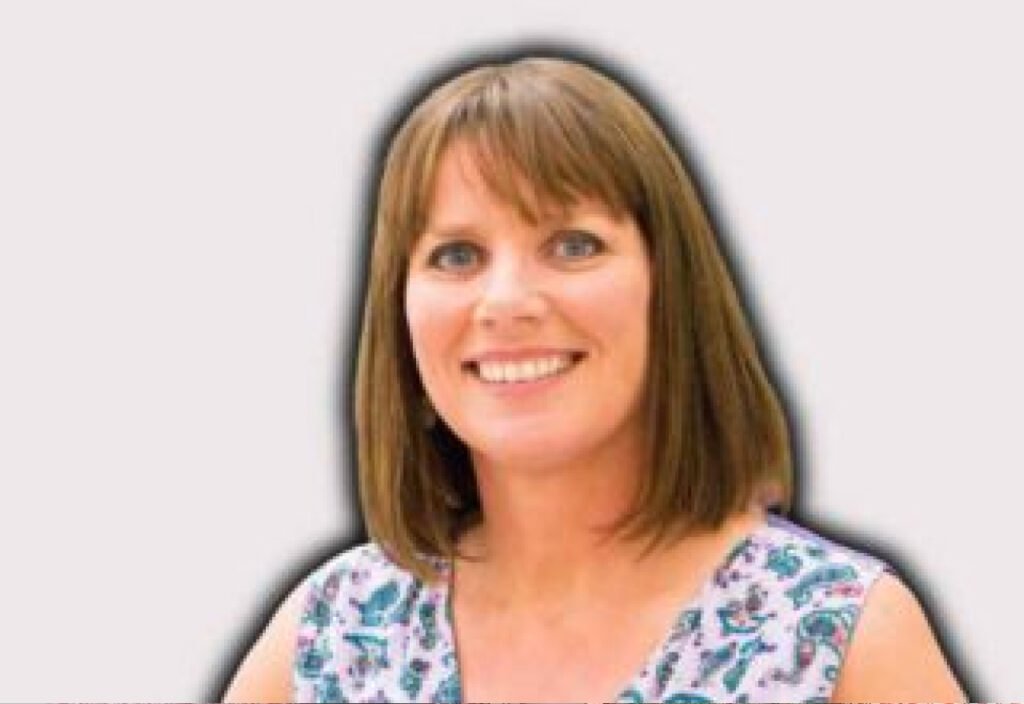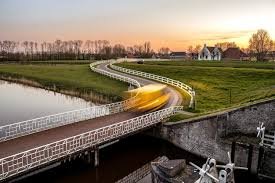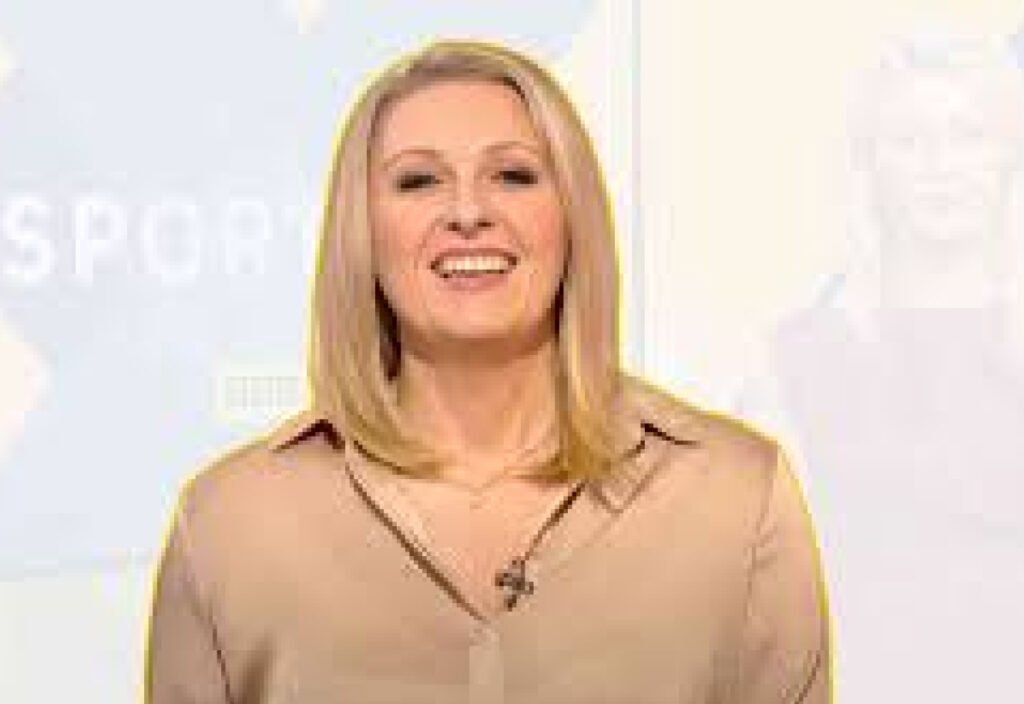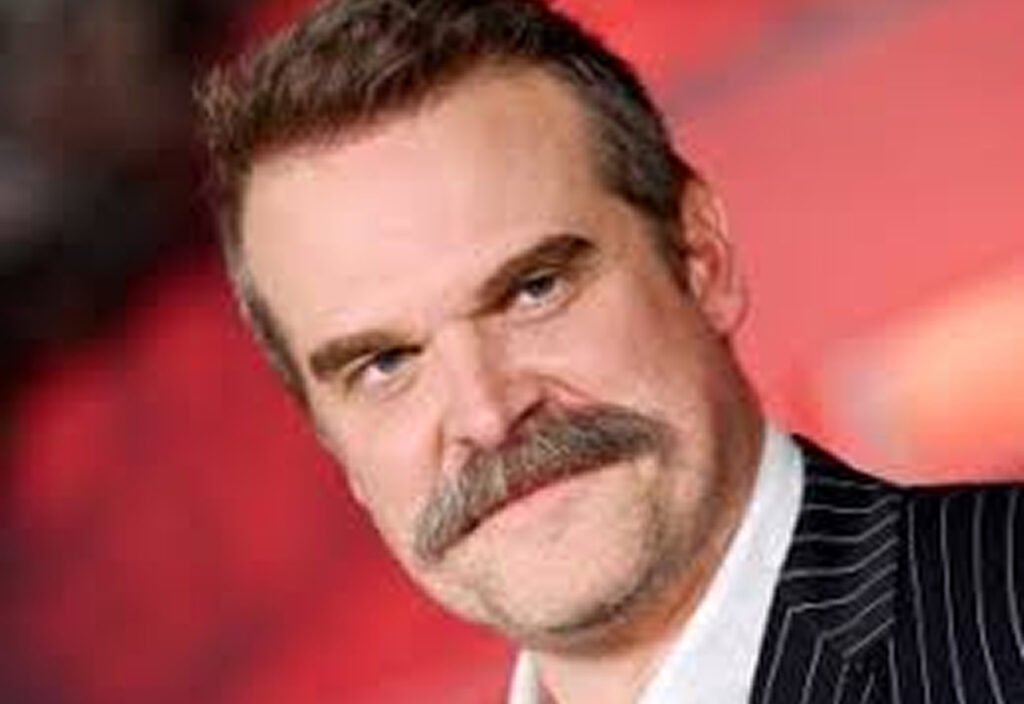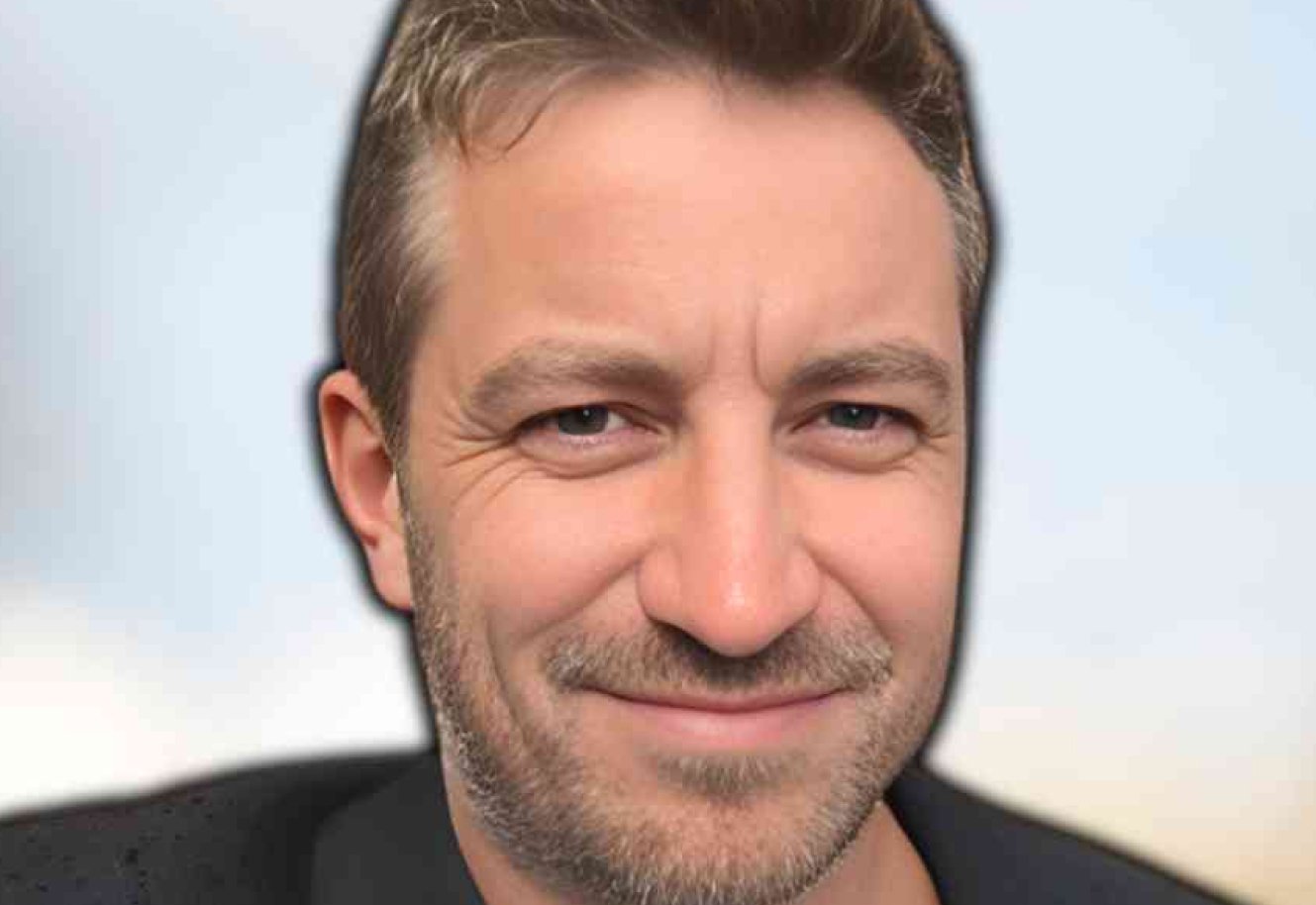
Jon Connerty: The Quiet Powerhouse of British Factual Television
In the world of television production, some names are visible to audiences—hosts, actors, presenters—while others work behind the scenes, shaping the stories, tone, and direction of what ultimately hits the screen. Jon Connerty is one of those influential behind-the-camera figures. Though perhaps not a household name for most viewers, his fingerprints are on a number of successful and provocative factual entertainment programmes in the UK. In this post, we explore Connerty’s career, his style, his influence, and what makes his contributions to television so compelling.
Early Career & Notable Credits
One of the first places to look to understand someone’s influence is their credits. According to IMDb, Jon Connerty is credited for works such as Sugar Free Farm (2016), Beauty & the Beast: The Ugly Face of Prejudice (2011), and Good Girl’s Guide to Kinky Sex (1997). IMDb+1 These credits suggest a career spanning both decades and a willingness to engage with socially provocative or challenging themes.
Over time, Connerty’s role evolved. He has held the position of Executive Producer on various projects, and has become known as someone who can shepherd factual and reality-based formats with both precision and editorial sensitivity.
One of the major turning points in his professional journey came when Crackit Productions hired him as Head of Popular & Factual Formats in 2017. Televisual In this role, he would have greater oversight of development, commissioning, and shaping of factual programming for a production company. Crackit, under that leadership, expands its reach into formats that combine mainstream appeal and social relevance.
Before joining Crackit, Connerty had worked at Liberty Bell where his credits included Sugar Free Farm (for ITV), Russell Howard & Mum Road Trip (for Comedy Central), Nev’s Indian Call Centre (UKTV), and Baby Boomers Guide to Growing Old (for More4). Televisual These programs show a range—from celebrity-driven content to human interest stories to formats exploring lifestyle change.
His role on The Call Centre series (BBC3), as well as his involvement in Employable Me (BBC Two) during its development phase, also highlight his involvement with programmes that mix social issues, personal stories, and a strong narrative arc. Televisual
Style, Approach & Editorial Identity
What sets Jon Connerty apart is not just the subjects he chooses, but how he chooses to tell them.
Human-Centred Narrative
Many of Connerty’s projects focus on people in transition or under pressure—whether for health, social, economic, or relational reasons. For example, Sugar Free Farm places participants under a dramatic diet and detox programme to reduce sugar intake. This kind of show is part transformation show, part social commentary, and part human drama.
He tends to gravitate toward themes that allow glimpses into private lives, revealing emotional stakes, moral dilemmas, and resilience. The balance is delicate: viewers are drawn in by the personal story, but the show often prompts reflection on wider societal issues.
Ethical Sensibility
In factual programming, there is always a risk of sensationalism or exploitation. Connerty appears committed to preserving dignity in storytelling. In public commentary, Crackit has praised him for making “programmes with a heart, with integrity and with a purpose that makes viewers feel good.” Televisual That phrase hints at his guiding ethos: programmes should not just shock or titillate, but also connect and uplift.
His career trajectory suggests that he isn’t satisfied with superficial or tabloid-level portrayals; instead, he is drawn to layers—nuances, contradictions, complexity. This is especially important in subjects where people can be judged by audiences, such as health, lifestyle, relationships, and morality.
Collaborative & Development-Focused
Another aspect of Connerty’s strength is development—generating formats, nurturing ideas, and helping them evolve into television series. His move into a head-of-formats role underscores a shift from individual programme work to shaping the slate of future shows.
In the role at Crackit, he is in a position to commission, refine, and champion new formats. That requires balancing the commercial pressures of television commissioning with his artistic and editorial values.
Personal Life: Spotlight & Privacy
While Connerty prefers a lower public profile, some aspects of his personal life are known, especially given his connection to public figures.
He was married (as of the time his biography was more fully documented) to Kate Ford, the actress best known for her role as Tracy Barlow on Coronation Street. IMDb+1 The couple tied the knot in October 2007. IMDb Together they had a son, Otis. Televisual+1 Their marriage eventually ended in a divorce, which, by public accounts, was a painful period. Her
In interviews, Ford has spoken about the emotional strain of the split, describing the time when she “found it hard to get out of bed” and how much it consumed her day to day. Her But it seems both she and Connerty have focused on moving forward and co-parenting.
Despite the public curiosity, Connerty has largely kept his personal life out of the spotlight. He seems to prefer allowing his work to speak louder than his private narrative.
Recent Developments & Projects
Connerty remains active and relevant in the evolving media landscape. Articles in Realscreen over the years reflect his ongoing involvement with high-profile commissions and production decisions. realscreen.com For example, Crackit TV under his oversight has been involved in new factual commissions such as Secrets of Supercruisers for Channel 4. realscreen.com
As streaming platforms and digital media challenge traditional broadcasting, producers like Connerty are essential to bridging conventional formats into new distribution models. His experience in factual storytelling gives him a strong foundation to explore fresh ways to present real-life stories to evolving audiences.
That said, many of his best-known works remain in the television domain. His credit list suggests he has balanced innovation with consistency—delivering projects that networks want, while pushing the boundaries of what factual TV can do.
Why Jon Connerty Matters
For many viewers, the names they remember are on screen—presenters, celebrities, characters. But behind the curtains, producers like Jon Connerty shape what we see, how we feel about it, and what we take away. Here are a few reasons why he is significant in the contemporary TV ecosystem:
- Bridging Entertainment & Substance: Connerty’s shows often combine emotional storytelling with social relevance, creating content that is both watchable and meaningful.
- Championing Integrity: In an era when reality and documentary formats sometimes veer into sensationalism, his editorial reputation helps maintain trust with viewers and commissioners.
- Format Innovation: As head of factual formats, he influences what kinds of shows get made, not just the ones he personally produces. He helps shape the future slate of British factual programming.
- Mentorship & Platform: Through his roles, he offers opportunities for emerging producers, writers, and directors to develop under his guidance. That helps ensure new voices can contribute to the field.
- Adapting to Media Shifts: With the proliferation of streaming, on-demand, and digital-first content, Connerty’s background in factual storytelling positions him well to translate real-life narratives into new media formats.
Challenges & Criticisms (and How He Navigates Them)
No career is without challenges, especially in the world of television, where audience tastes, network constraints, budget pressures, and ethical considerations intersect.
- Commercial Pressure vs. Purity: Producing programmes that are commercially viable while staying true to one’s editorial principles is a delicate balance. Connerty’s move into higher management roles suggests he is well-acquainted with negotiating this tension.
- Public Scrutiny: When dealing with sensitive subject matter—health issues, relationships, personal crises—there is always a risk of misrepresentation or viewer backlash. Maintaining sensitivity and accuracy is crucial.
- Changing Audience Tastes: With audiences shifting to streaming, shorter formats, and niche content, traditional broadcast factual shows face more competition. As a formats head, Connerty must anticipate what viewers will want next, not just replicate old models.
- Privacy vs. Visibility: Given his marriage to a well-known actress and occasional media coverage of his personal life, Connerty must manage his public profile so that his work remains the focus rather than extraneous personal drama.
Yet, through these challenges, Connerty’s continued relevance suggests that he has successfully navigated many of them.
Legacy & Potential Future
Though he is still active, one can already begin to consider Jon Connerty’s legacy in British television. He is part of a generation of producers who helped redefine what factual entertainment can be—not shallow voyeurism, but storytelling with emotional intelligence.
Looking forward, possible future directions might include:
- International Formats: Taking successful UK formats and adapting them for global audiences.
- Digital & Hybrid Series: Producing factual content specifically for streaming services, social platforms, or interactive formats.
- Mentorship Programs: Establishing structured development programs to nurture new talent in factual production.
- Social Impact Projects: Deepening engagement with issues like mental health, inequality, technology, and climate through documentary series with measurable impact.
Whatever direction he takes, the foundations he’s built—with integrity, empathy, and narrative ambition—are strong.
Conclusion
Jon Connerty may not be a name most people immediately recognize, but his work touches many lives through television screens. He occupies a crucial space in the production ecosystem: the storyteller behind the stories, the editor behind the edited, the guide behind the lens. From Sugar Free Farm to The Call Centre and beyond, his credits reflect both ambition and care.








